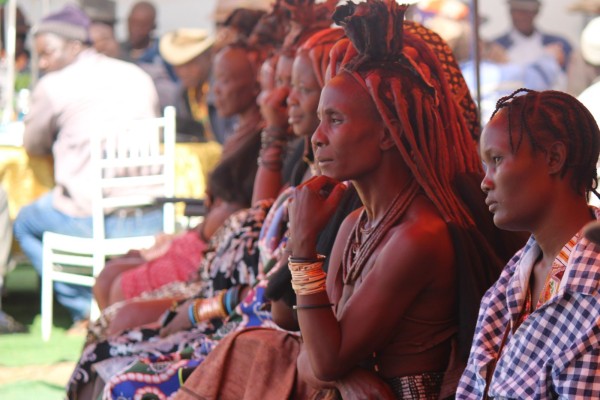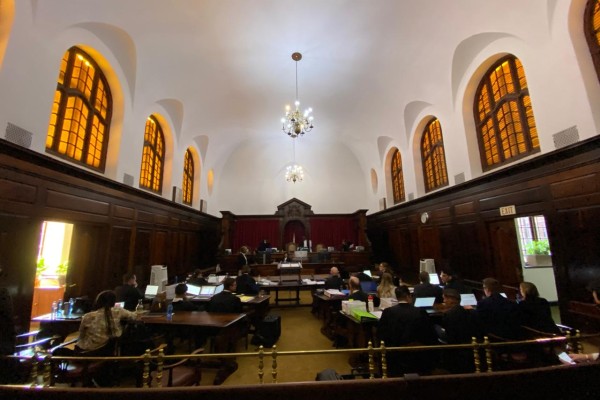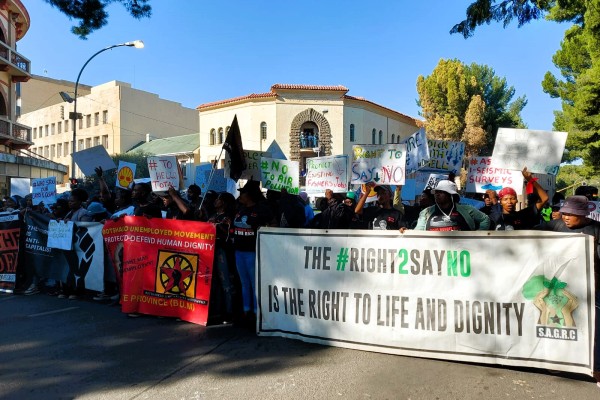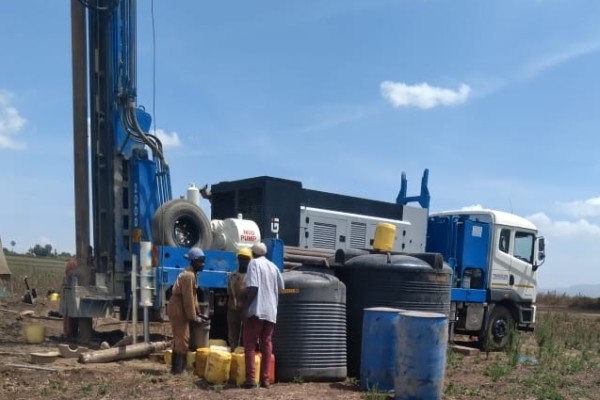The Upgrading of Land Tenure Act (ULTRA) was enacted in South Africa in 1991 at the end of the apartheid regime to provide ownership to those who had been discriminated against under the apartheid land tenure rules. From the beginning, there were problems with the ULTRA Bill; many people who became landowners were unaware of their ownership, indicating a lack of contact and effective communication between the government and rural people. People were turning their land tenure into land ownership, which discriminated against women, prompting people to change the law.
The ULTRA Amendment was motivated by the October 2018 decision in the Rahube v Rahube and Others case. The applicant questioned the constitutionality of section 2(1) of ULTRA in the Pretoria High Court. Her brother evicted the applicant from her house, where she had lived since the 1970s. The former ‘owner’ of the property was the grandmother, who died in 1978, but there was no evidence of her possession. The family nominated the brother to be the holder of a certificate of occupation in 1987, and he was later granted a deed of grant.
The Native Administrations Act of 1927 only allowed men to be household heads, resulting in the first respondent’s deed of grant being revoked. When ULTRA was implemented, it only benefited men by allowing them to upgrade their tenure rights to ownership.
This discrimination against women sparked the amendment, but there are many other concerns about the current ULTRA Bill’s consequences. Clause 1 of the Amendment Bill evicts people from their homes retroactively. It would necessitate landowners applying for “conversion” to possession, which could be denied for no reason. Many citizens may be affected by the chaos and uncertainty surrounding land ownership. Although ULTRA is important to address women’s historical erasure, it is assumed that there are ways to incorporate women without robbing others of their rights.
The Amendment Bill
The Amendment Bill was proposed in February 2020, and it seeks to amend ULTRA by allowing for a constitutionally permissible procedure for determining ownership and occupation rights to land. According to the explanatory summary, the Bill aims to amend at the Act, as to:
- Provide for the application for conversion and land tenure rights to ownership;
- Provide for an opportunity for interested persons to object to the conversion of land tenure rights into ownership;
- Provide for the institution of inquiries to assist in the determination of land tenure rights; and,
- Provide for the recognition of conversions that took effect in good faith in the past.
The is no question that ULTRA should be more equitable, but how should it be done?
There are many models that may be used; the existing model creates a top-down model in which the State decides land tenure; however, this model could be replaced by one that prioritises and begins with local processes and information. The Bill notes that the application for land conversion will be published in the Government Gazette, but this is not how many women get their news. If the Bill really aims to boost women’s land rights, it should be implemented in a way that allows these groups to gain access to knowledge.
Some of the conditions in the Bill are also ambiguous. When an objection is received, it needs the Minister to “make an inquiry” – but the purpose of this investigation, as well as the funding source, is uncertain.
Perhaps more critically, the Bill fails to consider how land tenure is organised at the family level. Local processes and expertise at the family level have helped to secure land rights for decades. The Act places a greater emphasis on the individual than on the communal, failing to account for essential cultural factors that should be considered when discussing land tenure. When making changes to rewrite historical wrongs, it is important to think about how to uplift communities by making sure the laws work within their cultural boundaries.
Natural Justice’s submission
Natural Justice’s recent submission to the Select Committee on Land Reform, Environment, Mineral Resources, and Energy on the Land Tenure Act Amendment Bill can be found here.
The legislature and executive should stop panel-beating inherited pieces of legislation into a constitutionally permissible format rather than addressing the more fundamental problem of overhauling South Africa’s tenure record and registration system. Natural Justice’s submission contends that, at the very least, the legislature should ensure that the right of unregistered land rights holders enshrined in the Interim Protection of Informal Land Rights Act is made permanent (and regulations are passed) and that its applicability alongside ULTRA is specifically acknowledged in an amendment to ULTRA.
















